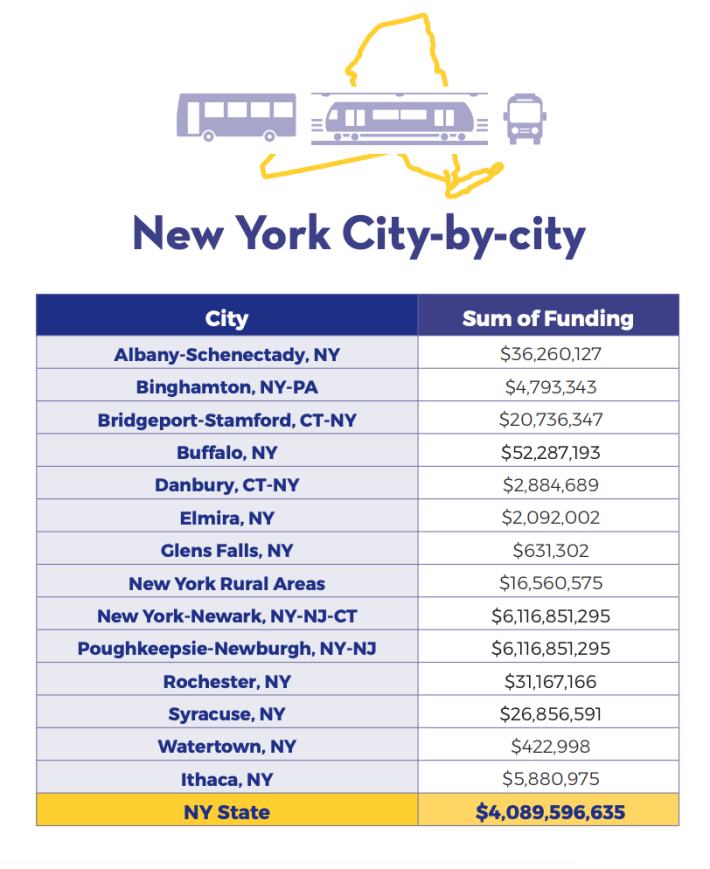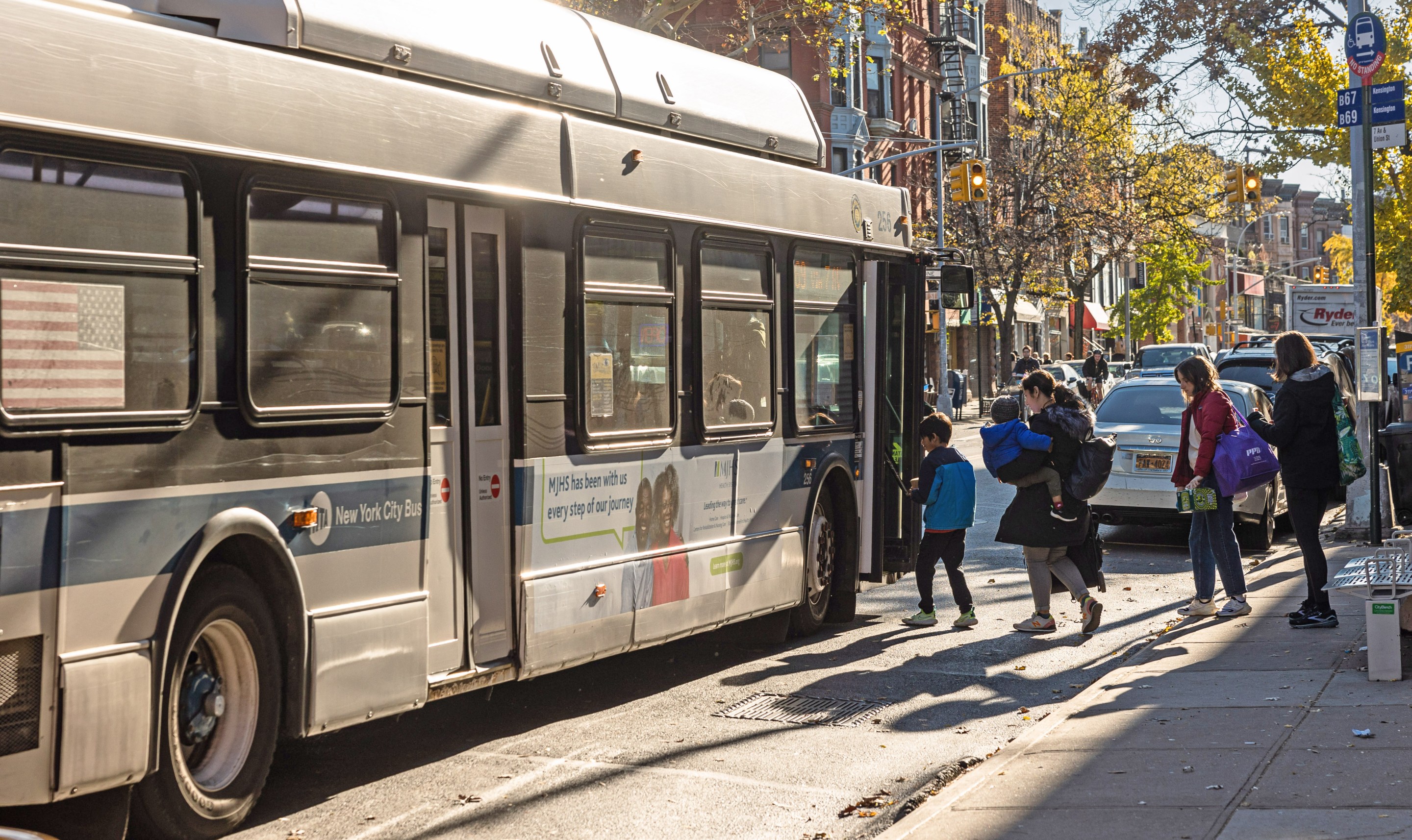One of Congress' greatest champions for mobility justice is renewing a push to give transit agencies operating support to provide frequent, high-quality service — and arguing for a paradigm shift in the conversation about the value of mass modes to taxpayers at large.
Earlier this month, Rep. Hank Johnson (D–Ga.) re-introduced his Stronger Communities Through Better Transit Act, which will provide U.S. communities with $20 billion a year in formula-based grants specifically to expand their service area and increase bus and train frequency.
Right now, basic operational expenses like driver salaries and fuel make up nearly two-thirds of the average transit agency's total budget. Because federal transportation programs tend to favor capital projects like highways, though, only 7 percent of those operating expenses are funded by Washington, leaving communities scrambling to cover the gap with a patchwork of state and local funding amidst dwindling fares.
Yes! The Federal Gov should support operating costs for transit! Thank you @RepHankJohnson for re-introducing the Stronger Communities Through Better Transit Act to authorize $80B over 4 years to support people getting to where they need to go with frequent, accessible transit! pic.twitter.com/G4jwrY55GX
— Stewart Schwartz 🇺🇸🇺🇦 (@csgstewart) January 18, 2024
That patchwork has grown increasingly strained since the dawn of the pandemic, when ridership plummeted and inflation skyrocketed, leaving agencies with little choice but to slash service. And in the years since the Stronger Communities Through Better Transit Act was introduced in 2021, that doom spiral has only grown — even as transit has become more and more critical to the fight against climate change.
Now, Johnson says it's past time for the federal government to give agencies the support they need to mount a new front.
"Funding capital expenses goes into the pockets of private industry, which is a partner that we certainly need to have," Johnson told Streetsblog. "But when we start talking about money for transit agency operations, the federal government has not stepped up to the plate. ... Funding for operations by the federal government is sorely needed at this time, and it comes at a tremendous moment in the nation's evolution."
Johnson stresses that his proposal is an equity measure and a climate bill. The grant requires recipients "to use a preponderance of their annual funding from this program for projects that primarily serve under-served communities or areas of persistent poverty," and it will cover up to 80 precent of the costs of operating in those underserved neighborhoods. Communities will still have to come up with 20 percent of the money at the state or local level — in the case of wealthier areas, it's 50 percent — but part of their share can include associated capital improvements, like bus shelters, lighting, and even improved bike lanes and sidewalks leading to stops.
Those types of investments, Johnson argues, don't just translate to less pollution and more mobility. They can also be transformational to the lives of individual residents — particularly those who can't afford the rising costs of a car.
"The people of our nation are looking to be able to get around: to get to the grocery store, to get to work, to get to school, to get to the doctor's office," added the congressman. "[These are] basic human endeavors in our society that are made more difficult when you are solely dependent on an automobile."

With 66 of his colleagues in Congress already co-sponsoring, Johnson says there's more momentum than ever to get the Stronger Communities Through Better Transit Act passed — though it will take some work to get to 218 votes. Still, if enough advocates reach out to their reps, he's optimistic that the legislation can open a larger conversation about what transit really means to Americans — and why it deserves the highest levels of investment.
"Transit presents an option that, for many people, would increase their quality of life wherever they live," Johnson added. "It’s an investment in the people, and I look forward to it passing."






